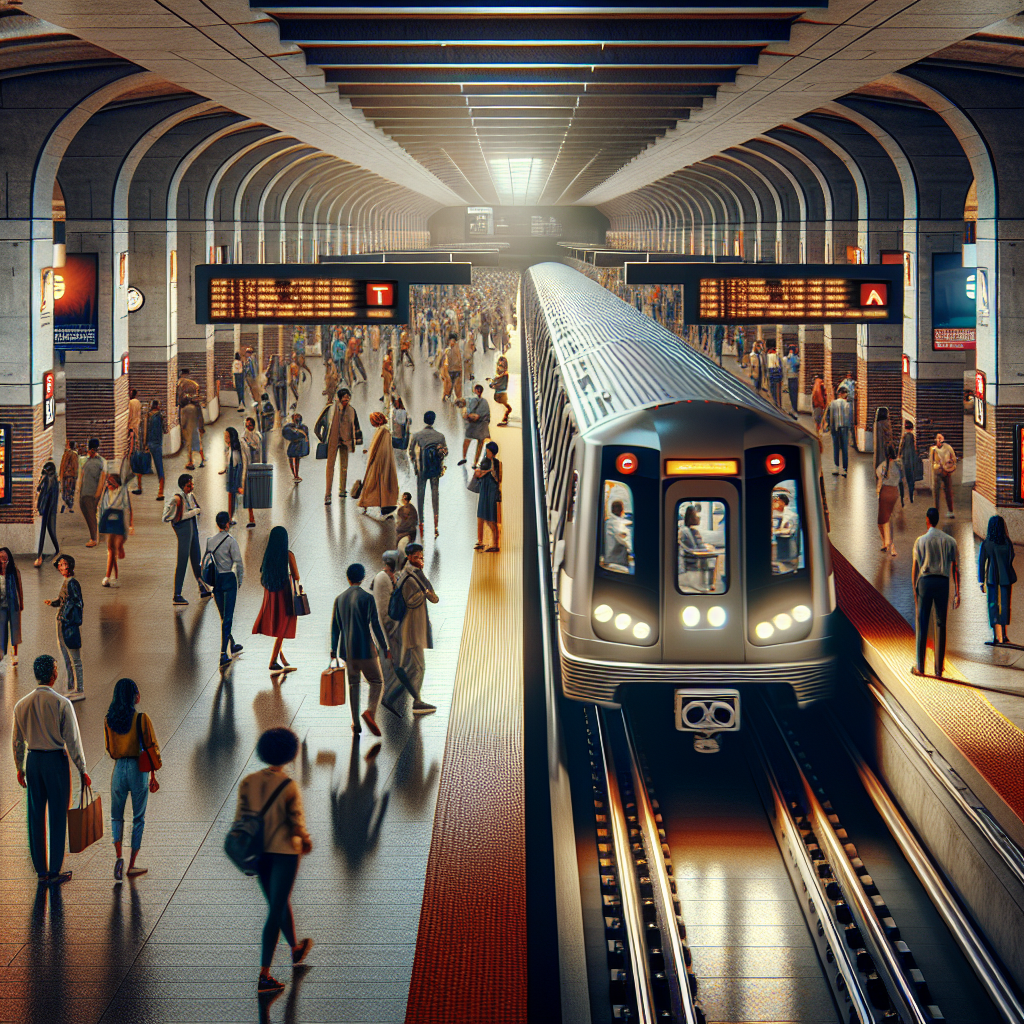India's Metro Rail Boom: Transformative Decade Under Modi
India's metro rail network has seen significant growth over the last decade, expanding operational length from 248 km to 945 km, and extending services to 21 cities. The Union Cabinet has approved new projects in Pune, Thane, and Bengaluru, bolstering India's rank as the third largest global metro network.

- Country:
- India
Union Housing and Urban Affairs Minister Manohar Lal on Saturday announced that 700 km of new metro lines have been made operational in the last decade, increasing the total to 945 km and extending services to 21 cities.
Speaking to reporters, the minister highlighted the rapid advancements in India's metro rail network, noting that before 2014, it was limited to just 248 km in five cities.
He emphasized that construction speed has increased tenfold, now reaching six km per month, showcasing the government's commitment to urban development under Prime Minister Narendra Modi's leadership.
On Friday, the Union Cabinet approved new metro projects in Pune, Thane, and Bengaluru. According to Union Minister Ashwini Vaishnaw, the Cabinet has sanctioned two corridors for Bangalore Metro Rail Project Phase-3.
Minister Manohar Lal pointed out the establishment of four state-of-the-art manufacturing facilities that have produced over 1,000 metro coaches in the last five years. With these new projects, 1,018 km of metro lines are now under construction. India ranks third in global metro network length, following China and the USA.
Additionally, the minister noted India's growing international influence in metro rail systems, with the Delhi Metro Rail Corporation involved in projects in Bangladesh and providing consultancy in Jakarta. Countries like Israel, Saudi Arabia, Kenya, and El Salvador have shown interest in partnering with DMRC.
Addressing RRTS corridor delays, the minister blamed resistance from the Delhi government but assured that priority corridors connecting Gurugram, Manesar, Dharuhera, and Sonepat, Panipat would soon be sanctioned.
(With inputs from agencies.)










